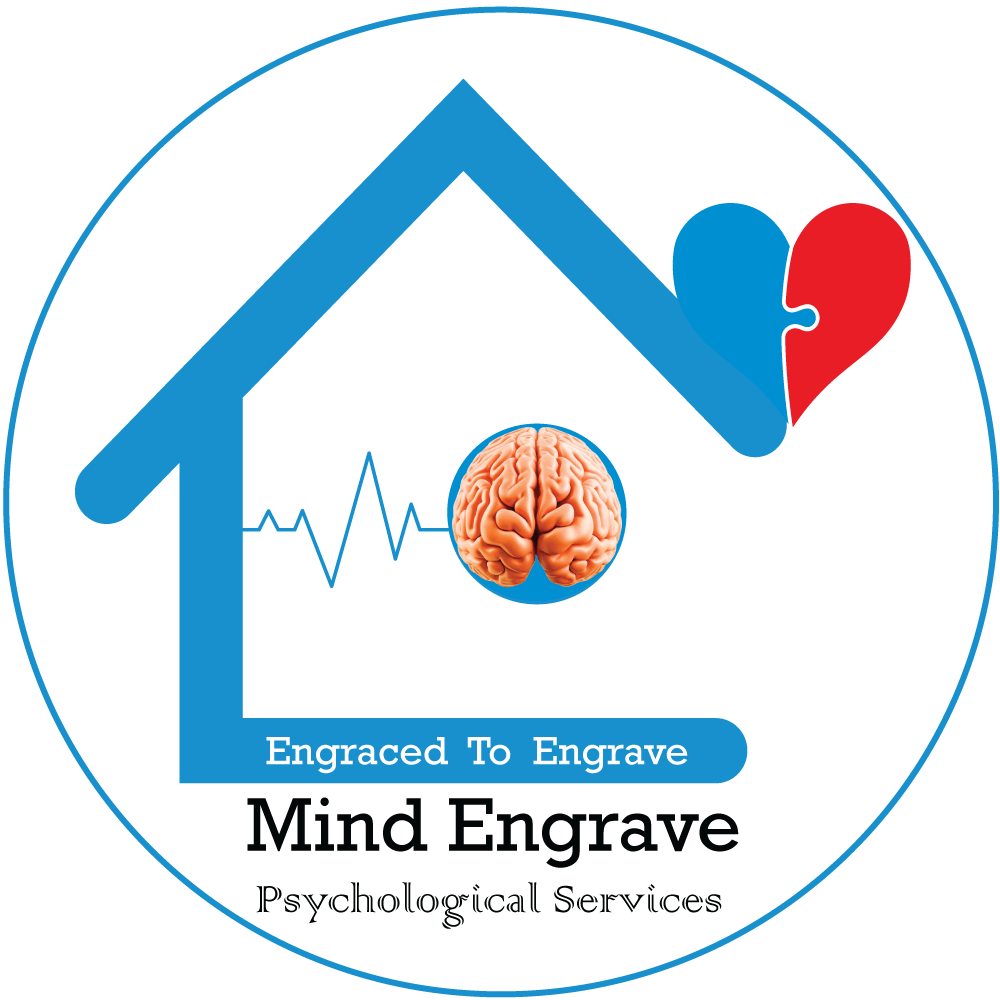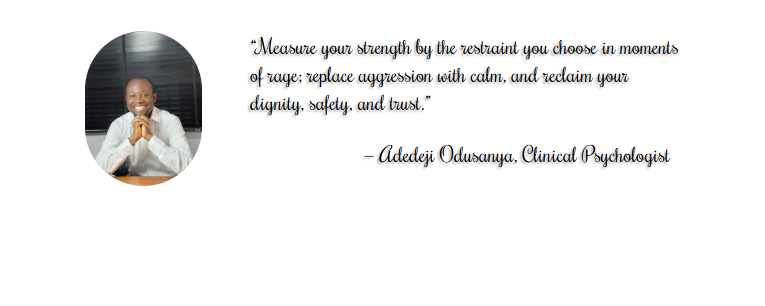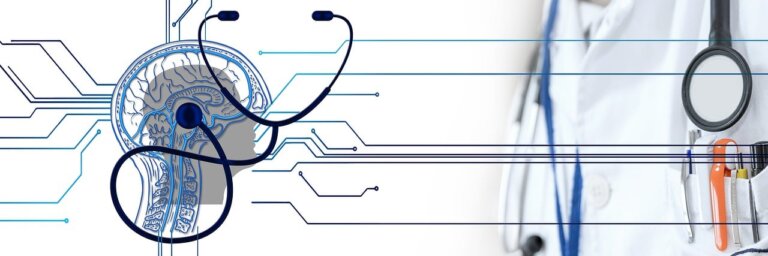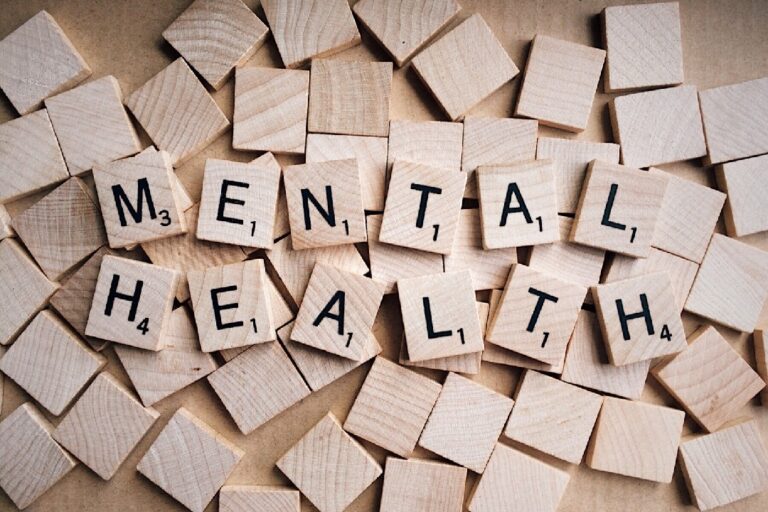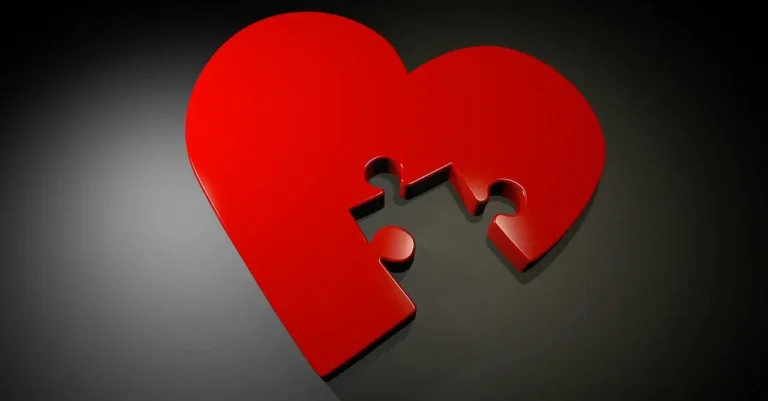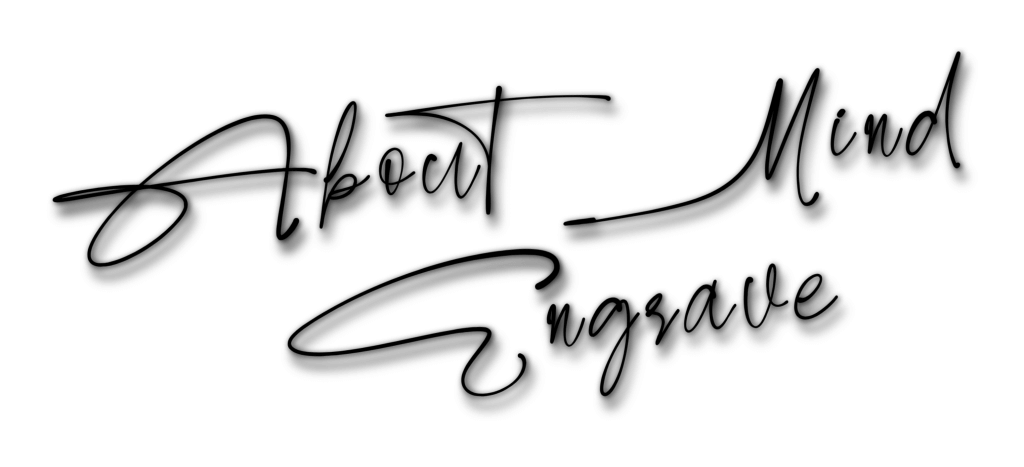What Is Drug Addiction?
When you hear the word “Drug Addiction,” various thoughts and memories flash through your head in a matter of seconds. You instantly recall the headline, “Whitney Houston: Legendary Singer Dies after Addiction Struggle.” You may as well recall the unpalatable story of Majek Fashek, a well-known reggae singer. Regardless of whether the stories surrounding these people’ lives are genuine or not, the fact that we could associate them with an addiction story suggests that you and I shared the belief that addiction is a significant problem. However, underlying these widely held beliefs lie a variety of differing viewpoints and questions, such as: How can you recognize an addicted person? What factors contribute to addiction? How can one get sober after a long period of addiction? Is it possible to recover from addiction? Is addiction a moral problem or a medical one? These questions are numerous, but rather than for this article to address all of the concerns that surround them, it will expand your intellectual capacity towards obtaining a deeper knowledge of this age-long, complex, yet still novel issue of “Drug Addiction.” This in essence is to aid you in forming your own thoughts about addiction so that you may make an informed decision about what to do if you or someone you care about becomes entangled in a web of drug addiction.
Drug addiction, often known as Substance Use Disorder (SUD), is an illness that affects a person’s brain, behavior, and loss of control over the use of legal, illegal, or prescribed drugs. When it comes to medications, numerous appellations have been used by experts to classify them. Marijuana, nicotine, and alcohol, for example, are substances that are categorized as illegal or unlawful. Others refer to them as “recreational drugs.” Other substances, such as Tramadol, Rophenol, and Pentasozin, are both legal and prescription medications. However, given their addictive nature, the use of these substances, whether illicit or prescribed, may sometimes be beyond our control.
Drug addiction is defined as ‘‘a person’s continued use of drugs notwithstanding the harm they produce.’’ To put it another way, any type of addiction is when a person continues to engage in a habit or action despite their awareness of the negative consequences. Therefore, when you abuses drugs despite knowing how dangerous they are to your life indicates that you are addicted. It’s important at this point, for us to note that drug addiction is a habit. Drug addiction has an onset, such that becoming addicted to a drug is not automatic. It is a behavior that has built momentum till it gets qualified as a habit. This understanding explains why a person that has become dependent on a particular substance started with experimental use of the substance among friends or peers. Others begin with the use of prescription medicines such as Tramadol, Pentasozin, and Rophenol, to name a few. Individuals that fall within this group include medical professionals and hospital patients who are nursing an injury.
In addition to the fact that drug addiction builds momentum, it goes through stages and pattern. Flowing from the earlier explanation, every person who has developed an addiction began with their first use. They progress from first usage to misuse, and from misuse to other stages that defined the drug addiction cycle. The important thing we need to remember is that drug addiction does not begin overnight. As previously said, it builds momentum, and in this process substance abusers crosses the subtle boundary of addiction unknowingly.
Unlike drug use and misuse stage, addiction stage, often known as “dependence,” is a stage in which the addict finds it extremely difficult to stop using the drug or psychoactive substance. Unfortunately, most of them in that category, are unaware of this since they have never had the chance to try quitting using the substance. So, when their overall functioning is disrupted by addiction, and they have no choice but to seek treatment, they continue to deny that they are addicted. This situation behooves on the addiction expert to get them to see the fact that they are addicted. The danger of addiction and the rate at which you become addicted differs depending on the drug. For instance, opioid painkillers, have a higher risk of addiction and leads to addiction more quickly than other drugs.
The stage of drug addiction is a diseased stage of drug abuse. A stage in which the dependent is unable to free himself or herself from the web of drug addiction. At this level stage, the addict has crossed the moral line into a medical domain. Are we implying that morality has no bearing on this? Clearly not! Rather, it’s a mix of moral and medical concerns. What do we mean by that?
You are still within the scope of “moral” when you begin using and misusing substances. At these stages, the bone of contention is whether drug use or misuse is right or wrong. The fact that your father is a clergyman or has a high social status plays a huge role in whether or not you quit using or misusing drugs. However, once you cross the line of addiction, you are automatically out of the moral realm and into the realm of the “medical.” This is due to the drug or psychoactive substance penetrating the brain and altering the chemistry of the brain. The majority of these psychoactive substances bind to receptors in the brain that are similar to those bound to by normal or prescribed drugs, causing the brain to become overwhelmed.
Furthermore, these substances target the brain’s pleasure centers in order to create a false sense of pleasure. Further, because these substances produce calming and euphoric feelings, they seem appropriate to someone who is currently dealing with an internal conflict or a negative emotional state. Once they use the substance once and it calms them, they learn the fact that it is also a solution to their emotional problems, not knowing that the drug is just giving them a temporary feeling.
This is in contrast to someone who has no challenges or internal turmoil. In most cases, because there is no crisis for psychoactive substances to medicate, they rather feel nauseated at their first use of it. This largely has implication for the etiology of your drug addiction.
As a result, people who are dealing with an internal crisis continue to use psychoactive substances as solutions, despite the fact that they have addictive properties. Unlike those who have no reason to use psychoactive substances, their brain perceives drug as a reward, which underscored the fact that any behavior that is rewarded has the capacity to re-occur again. Therefore, the re-occurrence of psychoactive drug usage is what propels the abuser into the next stage called “Tolerance.” Drug tolerance is a condition in which the body requires increasing amounts of the substance to achieve the same sensation as when the substance was first used.
In other words, as time passes, you may require higher doses of the drug to achieve the desired effects, and as your drug use increases, you may find it more difficult to go without it. Any attempt to quit can result in severe cravings and make you feel physically ill, a condition known as “withdrawal symptoms.” Withdrawal symptoms are psychological and physical experiences in the similitude of illness signs brought on by the abrupt stoppage in the use of a drug. Withdrawal symptoms is a major contributor to the perpetuation of the drug addiction cycle. Apart from that, it triggers a strong emotional response that can be extremely traumatizing if you don’t have access to a professional who can guide you through it.
Drug addiction, like most other mental illnesses, has a profound impact on two important aspects of life – marriage and career. Addiction’s consequences in these areas bring the addict extra emotional suffering and stress, which, when it gets overwhelming, may lead to some people taking their own lives, since life becomes meaningless and the quality of life suffers.
You or someone you know may require the assistance of a burden bearer. That is, a therapist with experience in addiction treatment who can work with you to identify the risk factors as well as the underlying causes, which can be numerous. Genetics, developmental challenges, and poor parenting styles are only a few of them. Experts will also assist you in reducing your use of psychoactive substances.
It is absolutely possible to recover from drug addiction, as most people do. The fact that you or someone you know is addicted to psychoactive substance(s) is not a reason to give up or to discriminate against others who are addicted. As said earlier, drug addiction is a blend of moral and medical issues, and so the addicted deserve to be treated and not punished.
Addiction is not a spiritual condition, as many people believe. It’s a mental condition that necessitates a structured treatment plan to manage and keep you drug-free. Drug addiction is a disorder that requires immediate attention because each day you spend entangled in the web of addiction complicates the situation. A look at the “Comorbidity and Complications of Substance Addiction” reveals that long-term addiction causes and perpetuates various conditions like mental illness (Substance Induced Psychosis), seizures, and HIV/Hepatitis, to name a few.
Knowing you or someone is addicted is not far-fetched. In addition to progressively moving from usage to dependent, some signs and symptoms will serve to show you are addicted. For instance you keep taking a prescribed drug after it’s no longer needed for a health problem; you suddenly lost interest in things you once liked to do; you drive or do other dangerous things when you are under the influence of drug; you borrow or steal money to pay for drugs. The list is endless though. However, only an expert can do proper diagnosis and tease out patterns in drug addiction cases.
Do not discount the possibility of addiction around you today. Even among today’s best families, it is a reality. And when a significant number of families are impacted, the societal impact becomes huge.
To overcome your drug addiction and remain drug-free, you may require assistance from a therapist or counselor today. Helping yourself or a friend overcome a drug addiction should no longer be a difficult task from now on.

Odusanya Adedeji
Odusanya Adedeji A., is a Licensed & Certified Clinical Psychologist whose domain of expertise cuts across management of specific mental health issues such as, Depression, PTSD, Anxiety & Anxiety related disorders, substance use disorder, etc
